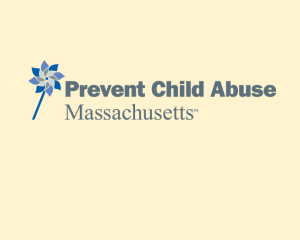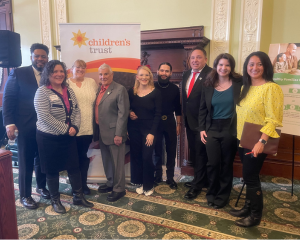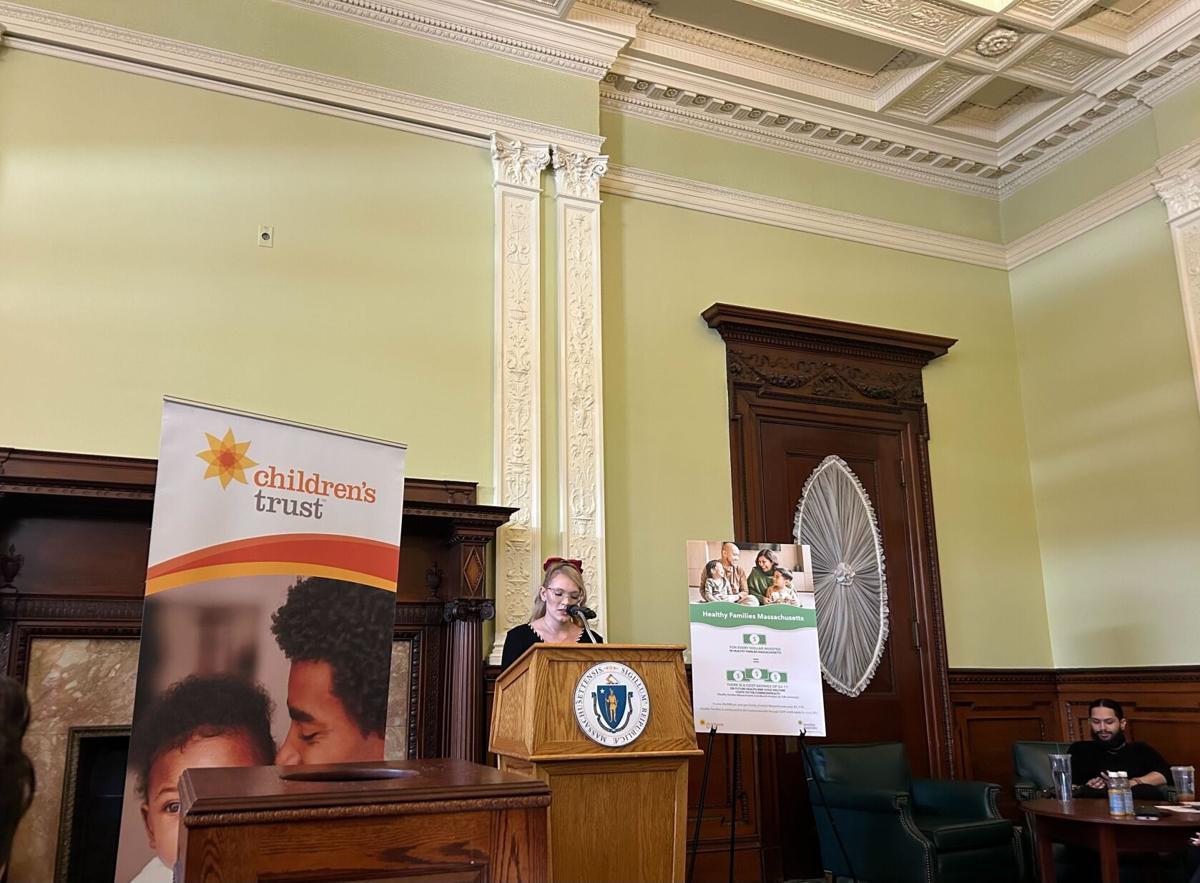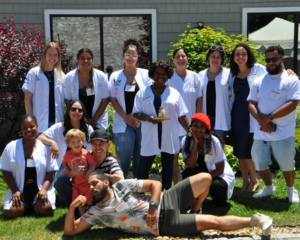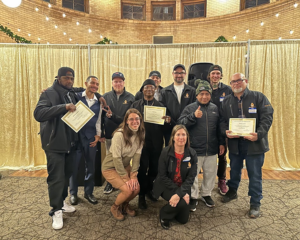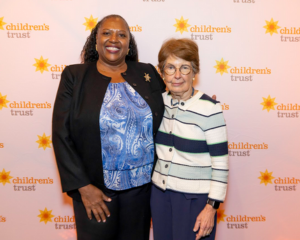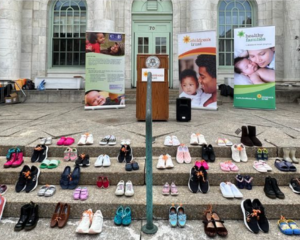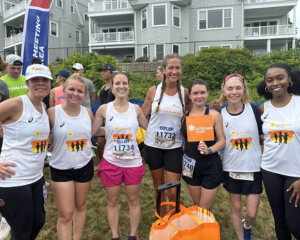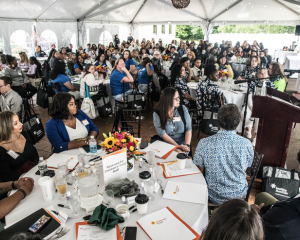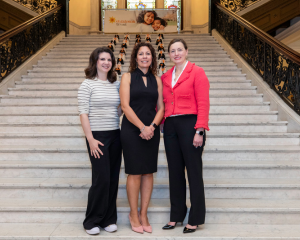The Massachusetts Children’s Trust, the state’s child abuse prevention agency, announced that it testified before the US House of Representatives Ways and Means Subcommittee on Worker and Family Support today. Steven Pascal, Director of Newborn Home Visiting at the Children’s Trust, joined Healthy Families America to provide testimony in support of reauthorization and funding of the Maternal, Infant, and Early Childhood Home Visiting (MIECHV) program. MIECHV is a federal grant to states, territories, and Tribes that supports evidence-based home visiting for families and children from the prenatal period through kindergarten entry.
“If you take one message away from this hearing, I hope it will be this: home visiting works,” Pascal told the Subcommittee. “In 2008, we conducted a rigorous longitudinal control study of the Healthy Families Massachusetts program. Fifteen years later, ongoing follow-up analysis has highlighted the continued positive impact of home visiting.”
The longitudinal study has shown that mothers who participate in the Healthy Families Massachusetts home visiting program saw:
- A 32% reduction in subsequent reports of child abuse and neglect,
- Lower parent risk behaviors, including decreased use of alcohol and drugs,
- Healthier co-parenting relationships that actively involve fathers,
- Increased parental education achievement,
- Increased parental employment, and
- Reduced homelessness and dependence on cash assistance.
Healthy Families Massachusetts is a home-based family support and coaching program that supports young, first-time parents and helps them create stable, nurturing environments for their children, reducing incidents of abuse and neglect. The program matches parents with trained professionals who visit families’ homes to provide support during pregnancy and the child’s first three years of life. Home visitors teach parents about proper baby care, promote nurturing and attachment, practice effective parenting skills, and ensure parents have a solid understanding of healthy child development. They also counsel parents on achieving personal goals such as going back to school or securing a job. In 2022, Massachusetts expanded access to Healthy Families Massachusetts to allow first-time parents 23 years old and younger to enroll in the program beginning in pregnancy.
Pascal spoke about the impact of the COVID-19 pandemic on home visiting, citing the 38,000 virtual home visits conducted by Healthy Families Massachusetts home visitors since March 15, 2020.
“We all heard the stories about how social services across the country were forced to suspend operations. WIC offices closed, and one-third of the country’s food banks went out of business. Immediately, home visitors went above and beyond to remain in contact with families through virtual visits,” Pascal told the Subcommittee. “While home visitors were working to deliver their evidence-based curriculum via phones and tablets, they were doing so much more: delivering food, PPE, cleaning supplies, and diapers. Staying connected to families in order to decrease their isolation, and to screen for depression, was important to keep children safe from potential incidence of child abuse and neglect.”
Finally, Pascal discussed how nationwide staffing shortages are impacting home visiting programs. Home visitors receive over 140 hours of training on child development, child abuse and neglect prevention, facilitating attuned interactions, screening for mental health and intimate partner violence, and the utilization of various data systems. However, the MIECHV program has remained level-funded for a decade, resulting in challenges paying a competitive wage to these highly trained professionals
The law that authorizes MIECHV is set to expire in September 2022. Pascal’s full remarks are available upon request.
